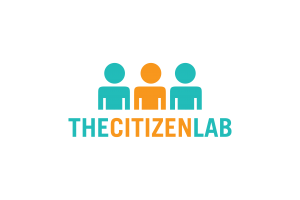News
On July 27, 2022, Citizen Lab senior researcher John Scott-Railton spoke before the House Permanent Select Committee on Intelligence. He was invited to provide expert testimony on a hearing devoted to combatting threats to U.S. national security from the proliferation of foreign commercial spyware.
On June 8, 2022, Citizen Lab fellow Lex Gill appeared before the Standing Senate Committee on National Security and Defence to discuss S-7: An Act to Amend the Customs Act and the Preclearance Act, 2016. The following is an edited version of her opening comments.
The Citizen Lab is at the forefront of investigating and reporting on abuses of mercenary spyware. Our submission highlights the capabilities of spyware and the nature of the spyware industry; how surveillance technology is used to violate fundamental human rights, and more particularly how it is related to enforced disappearances; and we provide recommendations for states, spyware companies, other businesses, civil society, and the Working Group.
The Citizen Lab is thrilled to welcome Vuyo Kwakweni, recipient of the 2022 Reset Scholarship in Social Media and Democracy.
In an exclusive with New Yorker’s Ronan Farrow, Citizen Lab researchers reveal the presence of Pegasus spyware on the phones of 65 activists, politicians, and civil society groups in Catalonia.
In an interview with Click Here, Citizen Lab research assistant Noura Al-Jizawi comments on her experience being targeted by surveillance technologies. She sheds light on how such technologies enhance oppressive regimes’ ability to order up “sophisticated subversion campaigns.”
A report by the Citizen Lab sheds light on how digital technologies have strengthened the ability of authoritarian regimes to suppress the work of dissident advocates abroad. Relying on a series of interviews with targets in Canada, the report investigates the political, legal, and psychosocial elements of digital transnational repression.
Citizen Lab researcher Bill Marczak discovered women’s rights activist Loujain al-Hathloul’s phone had been hacked, unfolding several legal actions against the Israeli NSO Group.
These comments are meant to identify areas of data governance that need improvement with regards to the Government of Canada’s use of mobility data, and personal and anonymized information more generally, as well as the management of such information by private organisations.
Citizen Lab researchers find several encryption vulnerabilities on China’s mandatory app for Olympic athletes, MY2022.

